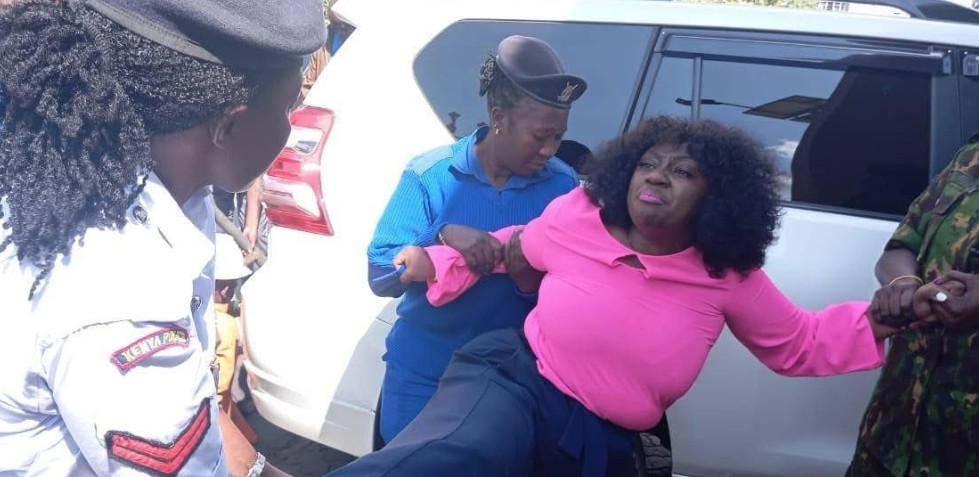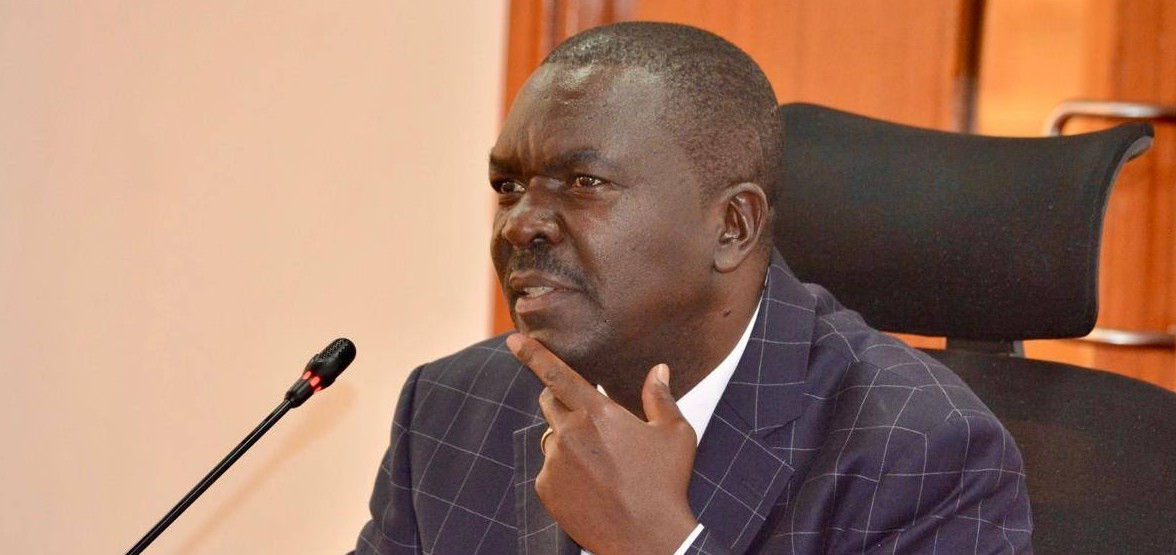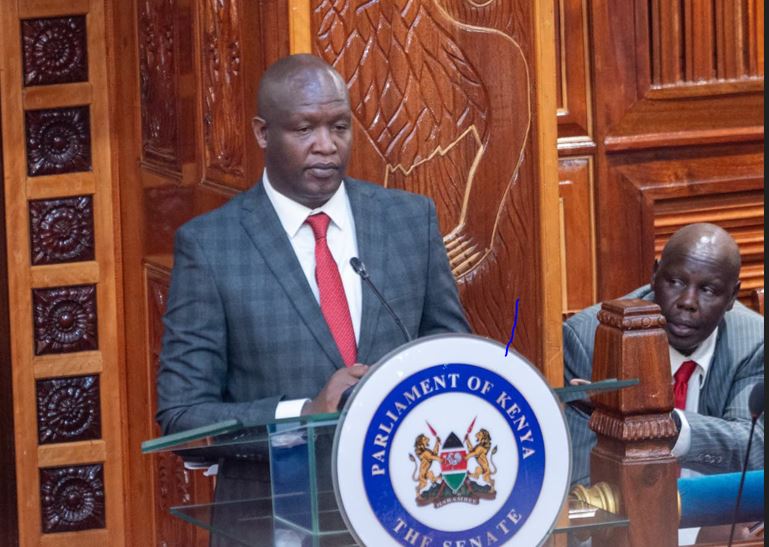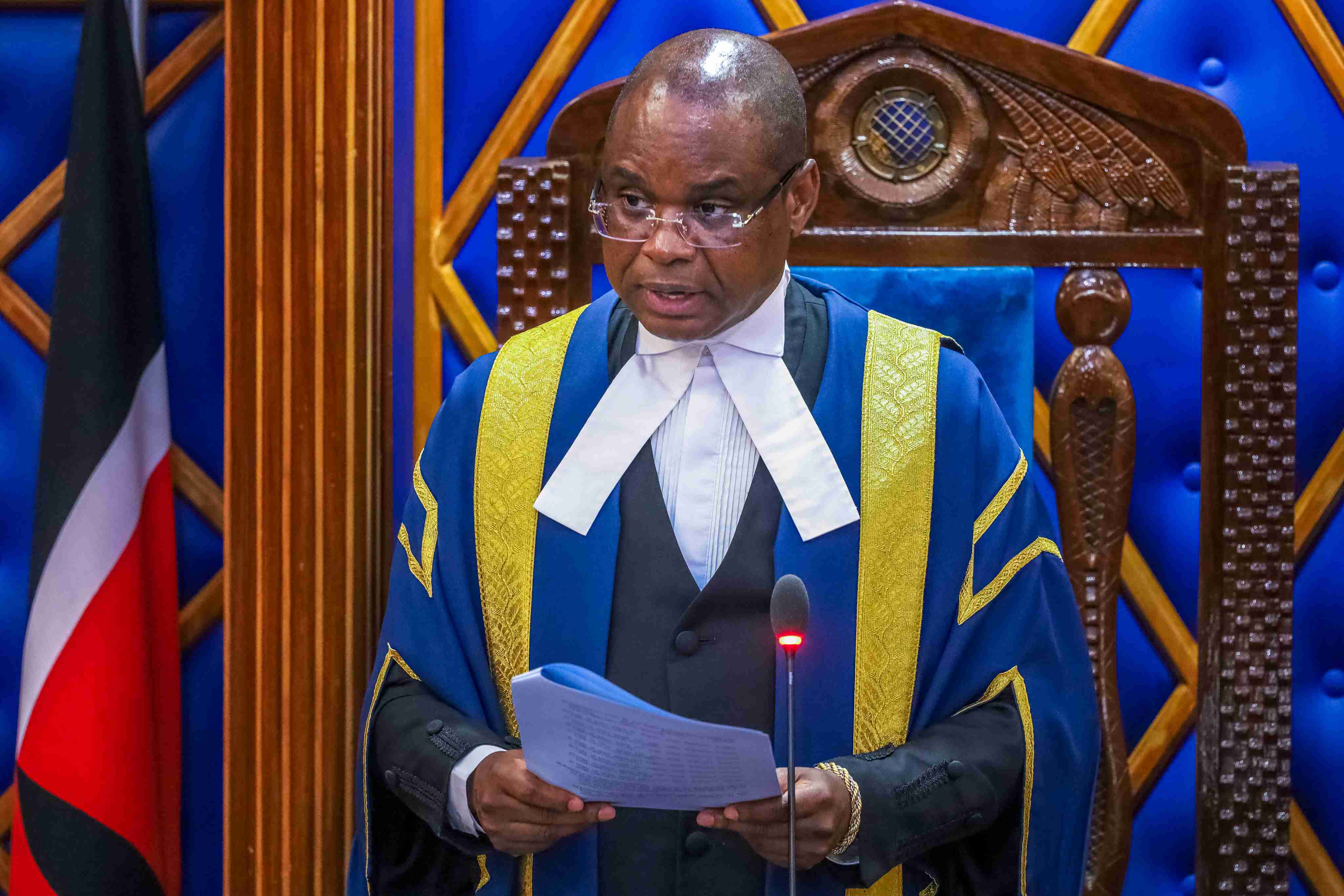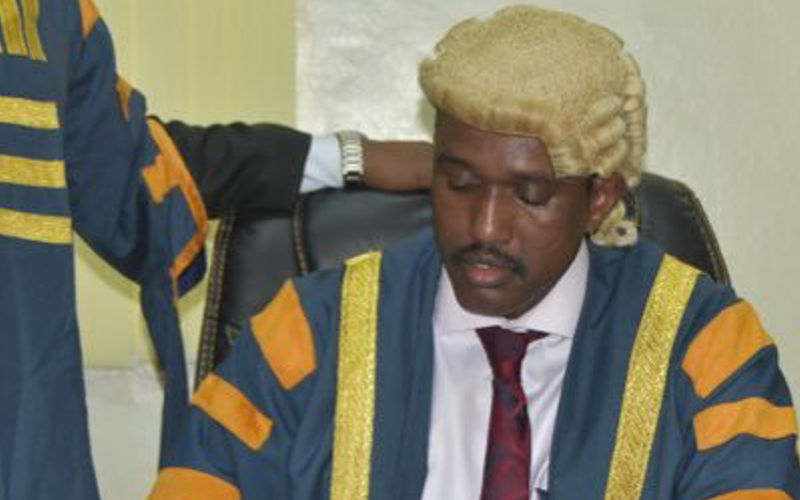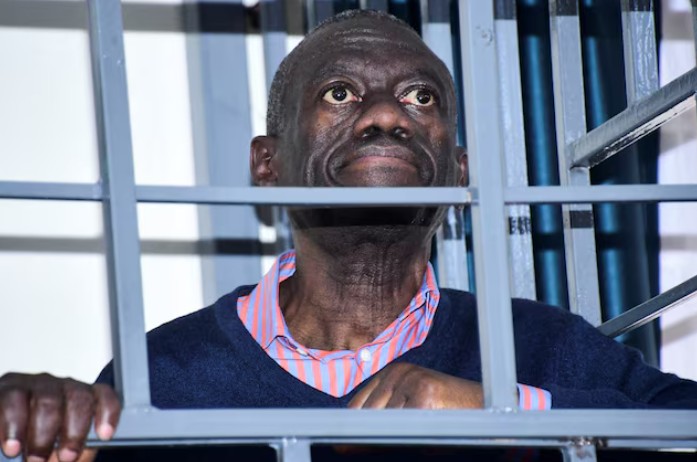Kwa Binzaro cult tragedy lays bare State’s broken promises after Shakahola
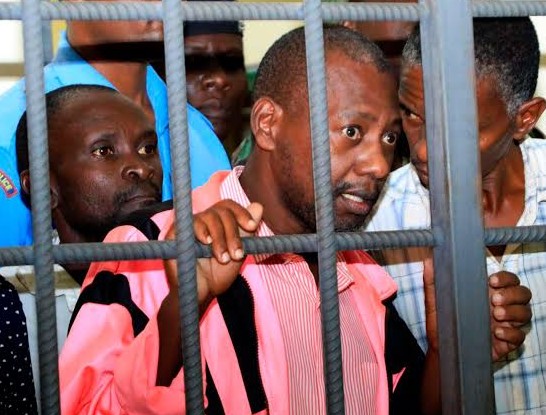
After Shakahola, the then Interior Cabinet Secretary and now Deputy President, Prof Kithure Kindiki, assured the nation that never again would such a cult thrive unnoticed.
When homicide detectives and pathologists began unearthing shallow graves at Kwa Binzaro village in Kilifi County last week, the images were all too familiar.
The mounds of disturbed earth, the stench of death evoked a chilling reminder of Shakahola, where just two years ago the country was forced to reckon with one of the deadliest cult-related massacres in its history.
More To Read
- Six more bodies exhumed in Binzaro village cult probe, total rises to 19
- Kwa Binzaro cult probe shifts to suspects’ phones and bank records
- Shakahola Horror: How children were forced to starve, 'prepared to meet Jesus'
- Woman named prime suspect in Kwa Binzaro deaths as 11 arrested, 13 bodies exhumed so far
- Four more bodies exhumed in Kwa Binzaro, pathologist says graves scattered, victims buried naked
- Five bodies exhumed in Kwa Binzaro as mass graves probe intensifies in Kilifi
By Tuesday, six bodies had been retrieved from four graves in Binzaro, totalling the bodies exhumed so far to 19.
Among the dead was an infant, buried together with an adult in one grave, scenes that echoed the mass exhumations at Shakahola Forest, where hundreds of victims of Pastor Paul Mackenzie’s Good News International Church (GNIC) were discovered.
For Kilifi residents, the events at Binzaro are not just a tragedy; they are a betrayal.
After Shakahola, the then-Interior Cabinet Secretary and now Deputy President, Prof Kithure Kindiki, assured the nation that never again would such a cult thrive unnoticed.
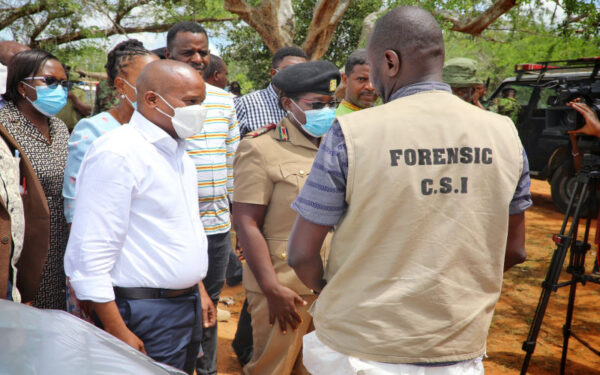 Then-Interior CS Kithure Kindiki (in white mask) in Shakahola, Kilifi County. (Photo: Kindiki/X)
Then-Interior CS Kithure Kindiki (in white mask) in Shakahola, Kilifi County. (Photo: Kindiki/X)
Standing at the mass graves of Mackenzie’s victims around April 2023, responding to the Shakahola incident, Kindiki described the massacre as “horrendous blight on our conscience” and vowed that it “must lead not only to the most severe punishment of the perpetrator(s) of the atrocity on so many innocent souls, but tighter regulation (including self-regulation) of every church, mosque, temple or synagogue going forward.”
He called the deaths a turning point in the country’s handling of extremist sects, promising intelligence-led crackdowns and new laws to prevent a repeat.
In the months that followed, the government appeared to act. A presidential task force and a Senate ad hoc committee were set up to review how religious movements operate, police officers raided gatherings linked to fringe preachers, and intelligence units were instructed to keep close watch on vulnerable communities.
For a while, the heavy presence of security in Kilifi gave the impression that the state was finally confronting the menace. But as the years passed, the urgency faded.
It is against that backdrop that the graves in Binzaro came to light in August 2025. Authorities intervened after residents raised an alarm over skeletonised bodies lying around bushes. By then, lives had already been lost.
Coast Regional Commissioner Rhoda Onyancha confirmed that a multi-agency team was dispatched to the site. “So far, investigations are going on, and we have arrested the main culprit, the lady who was operating here, and 10 other suspects, so we have a total of 11 people who are with us,” she said.
Onyancha added that detectives are also seeking to establish how the woman acquired the land in question, which is part of Chakama Ranch.
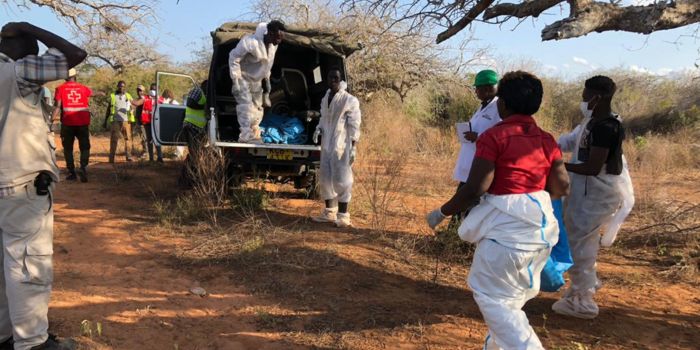 Search team collects bodies found in mass graves in Shakahola Forest, Kilifi County, on June 3, 2024. (Photo: Farhiya Hussein)
Search team collects bodies found in mass graves in Shakahola Forest, Kilifi County, on June 3, 2024. (Photo: Farhiya Hussein)
“We really want to investigate and establish who sold this land to her because this is Chakama Ranch, and we are aware the owners have not sold this part of the land to anybody. Once we finalise, we will take legal action on those who are doing the same,” said Onyancha.
She urged families of victims and survivors to cooperate with authorities.
“From what we have established so far, since we started at this new scene, is that people are coming back, or the people that are here are those we rescued in 2023. Some went back home, but some of them were not fully accepted by their families or communities, and that made them come back to this area because they did not go to where the first incident happened,” she explained.
Her words have done little to comfort locals who say the tragedy could have been prevented had the state lived up to its own promises. “After Shakahola, they said they would monitor these groups.
They said it would never happen again. But here we are, digging graves again,” said one of the locals who sought anonymity. For families still searching for missing relatives, Binzaro has reopened wounds that had barely begun to heal.
“When news about Binzaro came out, it was like ripping open a wound that had barely started to close. I lost my sister and niece in Shakahola, and we never found her body. Now hearing of more graves being dug up brings back all the memories we have tried so hard to bury. We still live with questions that were never answered, and this feels like reliving the same nightmare all over again,” said Rodgers Mwibo.
The parallels are too stark to ignore; both cases saw intelligence warnings brushed aside, authorities slow to act, and intervention coming only after bodies were already in the ground.
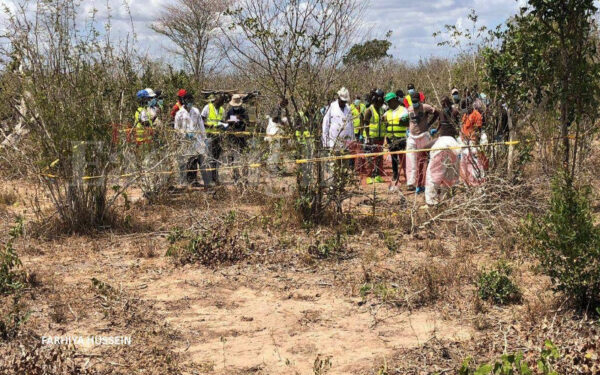 Detectives and forensic experts during the exhumation at Kwa Binzaro village, Kilifi County. (Photo: Farhiya Hussein)
Detectives and forensic experts during the exhumation at Kwa Binzaro village, Kilifi County. (Photo: Farhiya Hussein)
Rights defenders complained that the government had slipped back into complacency, leaving remote communities exposed to predatory sect leaders who simply reorganised and moved deeper into the countryside.
Human rights defenders argue that the tragedy exposes a deeper failure of the state’s intelligence system.
Vocal Africa CEO Hussein Khalid accused the Interior Ministry of failing to prevent the continuation of the extremist ideology.
He said governments claim that Paul Mackenzie, the jailed leader of the Shakahola cult, has been able to communicate with his followers from prison, calling it complicity at the highest level.
“Saying that Mackenzie is reaching out to his followers from prison. Who is to blame, surely? You are the Cabinet Secretary for the Interior. This person is in your hands, and you are allowing him to continue with a killer cult. There is complicity in the Ministry of Interior; they are not doing enough to curb the problem, and Kenyans, in the meanwhile, are suffering and dying because of the incompetence of the Cabinet Secretary and his entire team,” Hussein said.
After Shakahola, Kindiki insisted the country would never again be blindsided by rogue preachers. Yet at Binzaro, just a few kilometres from where Mackenzie built his alleged cult empire, another sect thrived under the radar until exhumations forced it into the open.
Top Stories Today
